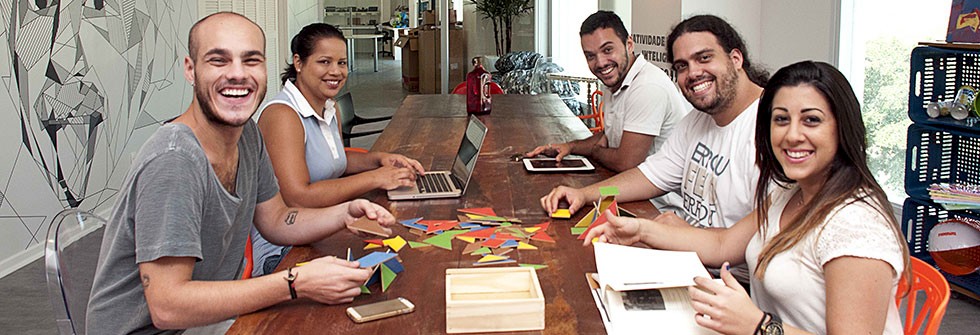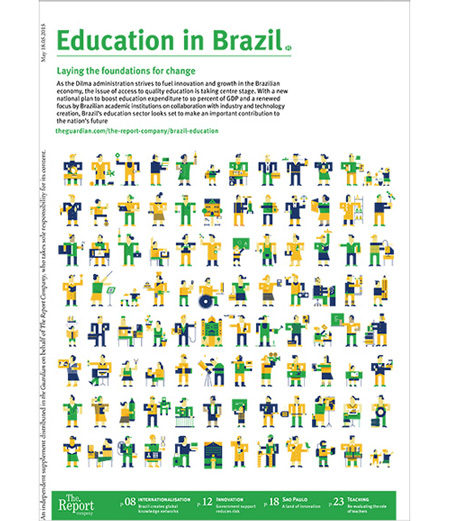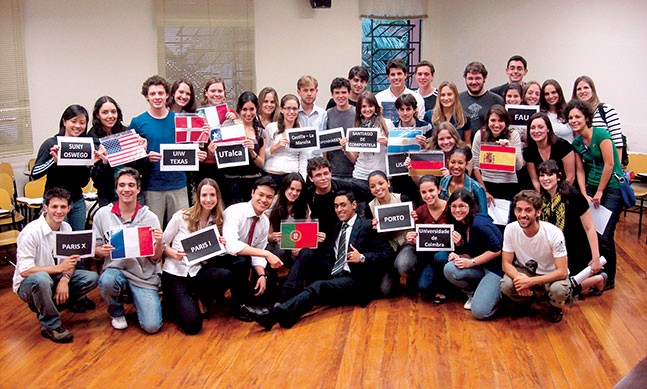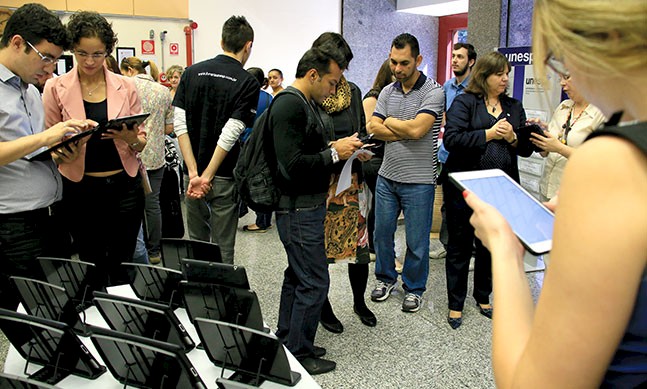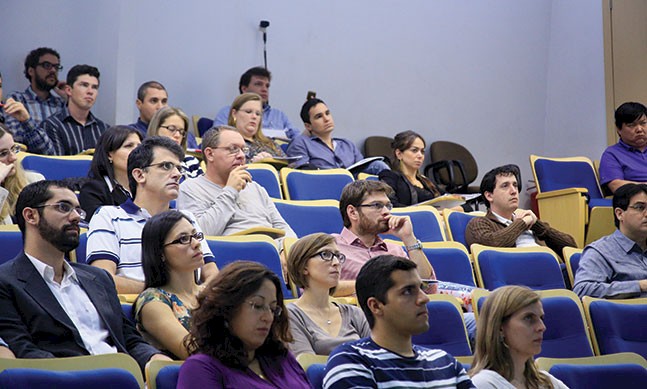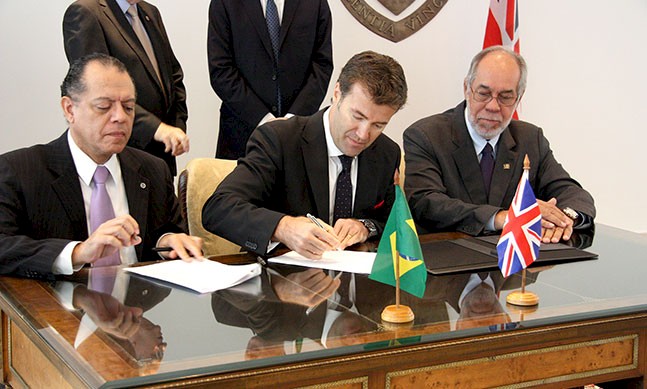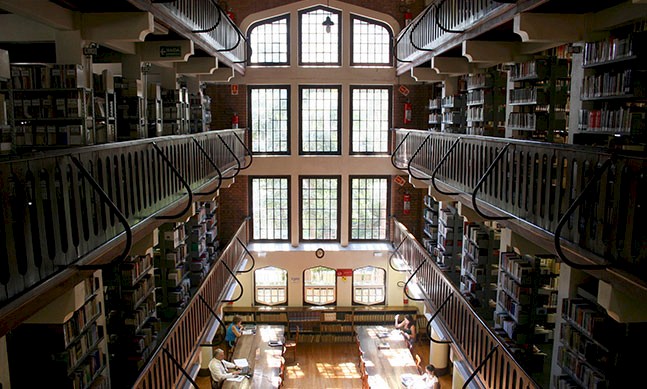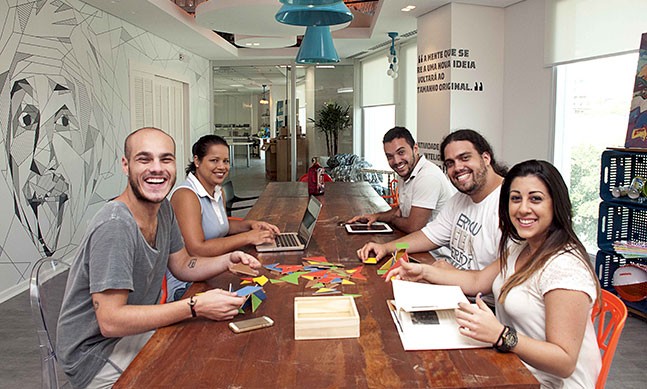Successive governments have failed to address Brazil’s most urgent structural needs. Today, as this young democracy finds its voice, the government is being forced to listen and take action. With the better life Brazilians seek dependent on better education for all, does the country have what it takes to build a better future?
Brazil is shifting awkwardly in the glare of international scrutiny. Where once the government was able to deflect or divert unwanted attention, running from the demands of a challenging reality is no longer an option and popular protests have become commonplace. In response to this, President Dilma Rousseff’s second term in office began with a new-look cabinet and the admission that difficult times were ahead, questions would be asked and sacrifices would have to be made if the country was to get back on track.
This was an honest self-assessment from a president who had inherited enviable approval ratings from her predecessor Luiz Inacio ‘Lula’ da Silva, only to see them gradually diminished to a narrow election victory last year. The glow of a vigorous economy has similarly dimmed in recent years as evidence piled up of an unsustainable, heavily subsidised boom that masked the country’s underlying problems.
The headlines haven’t all been bad. Education was at last placed on top of the agenda during the election campaign. A far-reaching plan was unveiled that aims to rebuild the country’s education system, promising to include another 12 million children currently outside of the school system over the next four years. Meanwhile, unemployment fell to a record low of 4.3 percent in December 2014, although productivity is also falling after a meagre 13 percent improvement over the last decade.
“Freedom and social democracy were not enough any more. The people needed efficiency too, not only in public services, but also in politics”
Michel Temer Vice-President of Brazil
Tweet ThisRanked 126th out of 183 countries for ease of doing business, Brazil’s competitive edge remains severely blunted by bureaucracy. “The World Bank highlighted Brazil as one of the worst countries to do business in, but we are making some dramatic changes”, said small business secretary Guillerme Afif Domingos. “We are going to jump from the Middle Ages straight to the digital era.”
The urgency to make that jump lies in a worrying skills gap pointing to critical shortcomings in the education sector. According to a survey by global employment agency Manpower, 68 percent of employers in Brazil have experienced difficulty in recruiting the right workforce. While ministers promise to bring the time it takes to open a company down from 150 days to just five, recruiting sufficiently skilled labour is the next hurdle.
Historically speaking, when a game-changing solution has been required, Brazilian creativity has shone through. In adapting sugar cane, cattle or the humble soybean to the tropical environment, or developing the means to drill for oil deeper and further offshore than ever before, the country has grown to become a world leader in research and production. The next stage is to go beyond self-sufficiency to adding value at home before selling to the international market. “Maybe Brazil’s problem isn’t creating entrepreneurs but rather turning innovative ideas into solid technology within a system that is outdated”, points out Bernardo Gradin, CEO of the the country’s pioneering ethanol company GranBio.
Already the seventh-largest economy in the world, Brazil has the ingredients to become a fertile ground in which entrepreneurialism, for so long stymied by introverted and protectionist administrations, can flourish, both within and beyond its borders. Today, the country is starting to make deep, far-reaching changes to its saturated consumption-based model in order to progress and fulfil its potential as a global economic force. Brazil’s dream of becoming the much-vaunted centre of innovation and technology in the southern hemisphere finally looks within reach.
To achieve that dream, however, the education sector needs solutions on a continental scale that successive administrations have failed to deliver. With state investment promising to reach 10 percent of GDP by 2023, the funds are finally available to extend the reach of education, narrow the inequality gap and shape the next generation of Brazil’s citizens and entrepreneurs.
Preparing for success
Brazil’s workforce is fundamental to its companies’ drive for competitiveness, but a culture of undervaluing staff has plagued big companies for decades. The resulting high turnover has had a drastic impact on efficiency and productivity. Multinationals report having to spend up to 40 percent more on HR in Brazil, while the retail sector experiences turnover rates of up to 56 percent.
One company, however, is bucking the trend. Grupo Pao de Acucar is the retail group behind some of the country’s biggest high street stores. Strong company values and investment in the training and education of their 160,000 employees has paid dividends. Staff turnover is down to 36.5 percent, paving the way for the rest of the sector to follow.


